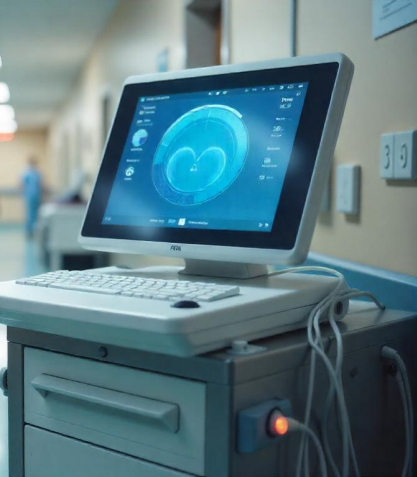
Professional Fertility Testing Services
- Hormonal assays
- Semen analysis
- Ultrasound scans
- Diagnostic tests to identify infertility causes
Additional services


Frequently Asked Questions (FAQs) about Fertility Testing
What is fertility testing, and when should I consider it?
Fertility testing includes medical evaluations to check your ability to conceive. You should consider testing if you have been trying to get pregnant for over 12 months (or 6 months if over age 35) without success, have irregular periods, known reproductive health issues, or a history of miscarriage.
What types of fertility tests are available for women and men?
For women, tests may include hormone blood tests, ultrasound scans, and evaluation of ovulation and fallopian tube health. For men, the main test is semen analysis, which checks sperm count, motility, and quality. Additional specialized tests may be recommended based on initial results.
How should I prepare for a fertility evaluation?
Both partners may need to provide medical histories, including lifestyle factors, menstrual cycle details, and previous pregnancies or health conditions. Men may be asked to abstain from ejaculation for 2–5 days before semen collection. Women might need to schedule certain tests based on their menstrual cycle phase.
Does fertility testing guarantee that I will find a solution?
Fertility testing helps identify possible causes of infertility, but not all cases have a clear explanation or guaranteed solution. However, testing is an important first step in guiding appropriate treatments or interventions.
Is fertility testing covered by insurance, and how much does it cost?
Coverage varies depending on your insurance plan and location. Some basic evaluations may be covered, while specialized tests and treatments might incur additional costs. It’s a good idea to check with your insurance provider and the hospital’s billing office for detailed cost information.

